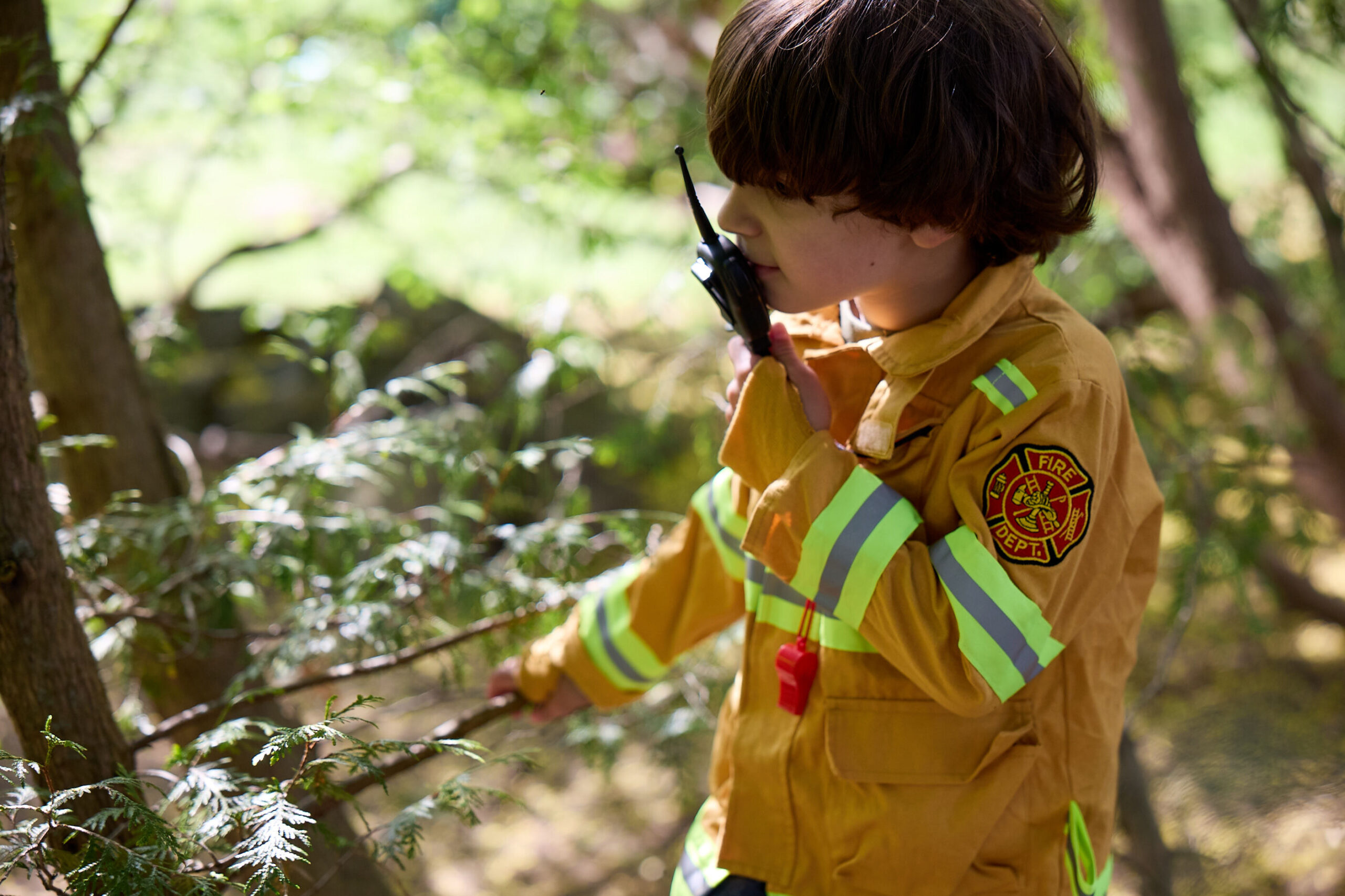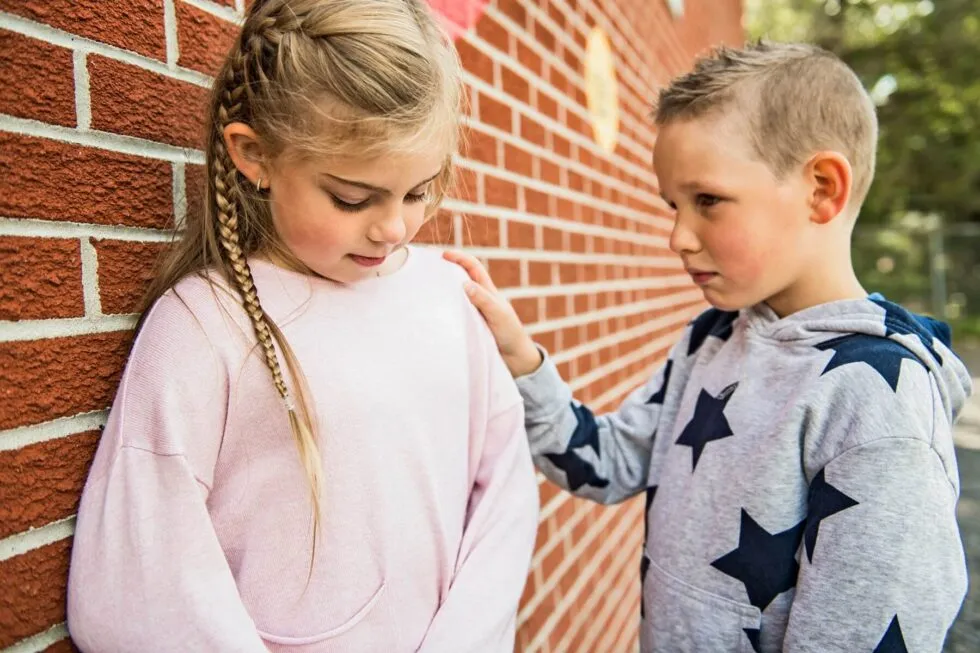Pssst: I’m going to let you in on a little parenting secret. What if I told you the ultimate Jedi mind trick to teach your preschooler essential communication and social skills while you play with them? It just takes a little intention, and trust me: they won’t even know it’s happening. By incorporating these key tools into your play routine, you’ll build the communication and language skills they need while also decreasing behavior challenges. Sounds like a win win, doesn’t it?
A child’s brain is rapidly developing, and our daily interaction is what helps shape and mold how they see and engage in the world. All toddlers engage in impulsive behavior, demand more independence, and are learning about boundaries. As their caregivers, we often wonder if we are doing enough (spoiler alert: we are), but naturally, we wonder if we could be doing more to support their development. After all, in our role as caregivers, we are growing and learning just as much as they are.
There is no better way to teach and integrate these skills than during your natural play time. Add these 6 tools to your parenting arsenal and organically build your toddler’s communication, social, and self-management skills…all while playing Daniel Tiger for the tenth time.
1. Attention
Without your child’s attention, minimal learning opportunities are going to happen. The best way to keep and sustain a toddler’s attention is to get on their level and meet them where they are. Literally. If they’re on the floor, then you get down there with them and sit face to face. Then, try pulling out objects you know they enjoy engaging with. The best learning is always happening naturally and when they can see the subtle shifts in our facial expressions.
2. Shared Control
This is when the caregiver decides what part of the routine they will help with, and the preschooler will be provided with a choice of what they can finish on their own. Shared control is a great way to increase your child’s motivation to hang around a little bit longer and keep them learning a new skill. The more opportunities your child has to practice a new skill, the faster they will acquire it. Take a basic puzzle for example, as the caregiver, you may hold all the pieces as your toddler holds the board. Having your toddler hold the board will keep them engaged longer and more likely to engage by requesting the puzzle pieces.
3. Offer Choices
Observe your toddler during play. What are they looking at? What peaks their curiosity? They are more likely to stay motivated when you go where they go, and interact with the items they are interested in. If you can provide a choice, give them a choice! Providing choices also prevents a possible power struggle.
4. Mixing Up Easy and Difficult Tasks
A sure way to increase engagement and motivation in an activity is to mix in tasks they have mastered with tasks that are newer. It is most often used to build momentum so that your child feels successful before they try newer or more difficult tasks. Let’s say you are wanting to encourage turn-taking to minimize hitting or grabbing toys away from other peers. In your one-on-one playtime, you may start off by asking them a simple one-step social skill directive such as “give me a high-five!” and then add the request to relinquish their turn so you can take a turn. Presenting the known tasks builds momentum to try the newer, more difficult skill.
5. Reinforcing Attempts
If your toddler or preschooler isn’t saying a lot of words, and this language barrier is increasing tantrums, expecting them to say any sound might not be the best first step. So, if your toddler makes a sound that you haven’t heard before in relation to taking a turn with a toy, celebrate that by giving it to them! The Daniel Tiger’s Neighborhood episode where O builds a tower is a great example of the language we can use to keep going, keep trying because when we are learning new skills, it takes practice.
6. Using Natural & Direct Rewards
The more natural and direct you can get with the reinforcement, the faster your preschooler is going to learn that specific target skill. The next time you ask your toddler to leave the park and they scream, have them ask for one more minute and give them that minute. There is nothing more natural and direct than that. That teaches them their words are more powerful than their challenging behavior.
The more you begin to consciously integrate these through intentional play, the easier it will get, and hopefully, the fewer hair-raising tantrums you’ll see. And let’s be honest: who couldn’t use more of that! And so, from my parenting circus to yours— you got this.
Michelle Tangeman is Los Angeles-based Licensed Marriage and Family Therapist and a Board Certified Behavior Analyst. She is a mom of two and the co-host of the parenting podcast, Parenting Understood. Sign-up for Michelle’s mailing list and get your free copy of the Eight Ways To Increase Toddler Cooperation.


















